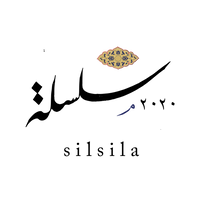Our resource page on Muslim Birth Traditions is a work in progress and will be continuously updated, inshAllah.
Labor
The Flower of Maryam
This peculiar dried flower can be found at shopping stands outside of Uhud in Medina and has been used by mothers during childbirth for centuries. It goes by various names such as the Flower of Maryam, the Lily of the Valley, tea of Fatima, Kacep Fatima (in Bahasa), and Bibi Maryam Phool (in Urdu).
When submerged in water, this flower slowly blooms over several hours, offering a serene and captivating sight for Muslim mothers in labor to meditate upon. Some herbalists believe that the water in which it blooms possesses medicinal properties that can aid with childbirth and postpartum healing. It is also believed to have calming and soothing qualities, contributing to relaxation and a sense of tranquility during labor and delivery.
Whether or not one chooses to consume the infused 'tea,' the presence of this flower provides a serene focal point for meditation during labor.
Birth
The First Adhan and Iqama
One of the remarkable customs observed after a baby's arrival is the recitation of the first Adhan and Iqama, the call to prayer, to the newborn.
According to the Hanafi school of law, it is virtuous to give the adhan in front of the baby when it is born [though not obligatory nor a sunnah]. One should turn one’s face to the right when saying “Hayya ‘ala al-salah” and to the left at “Hayya ‘ala al-falah” like in a normal adhan. [Radd al-Muhtar, Ibn ‘Abideen]
In the Maliki, Shafi’i and Hanbali schools, the adhan is recommended and a sunnah, and it should be given in the right ear of the child and the iqama should be given in the left ear. [al-Majmu’, al-Nawawi; Mawahib al-Jaleel, al-Hattab; Kashaaf al-Qinaa’, al-Bahuti] -- Taken from
Seeker's Guidance
The recitation of the first Adhan carries deeper symbolism as it also represents the Adhan for the baby's funeral prayer (Janazah). It reminds us of the transient nature of life and the inevitability of death. By reciting the Adhan for the baby after birth, it serves as a reminder to cherish and nurture the child's spiritual growth throughout their life, preparing them for their ultimate return to Allah.
Tahneek
Tahneek is a beautiful practice involving the act of rubbing a softened date, honey, or something sweet on the baby's palate or lips shortly after birth.
The Prophet Muhammad (peace be upon him) would lovingly perform Tahneek for newborns by chewing a softened date or a piece of sweet food and then placing it in the baby's mouth.
This can be performed by the parent, or upright person in the community, preferably from the people of knowledge and piety. The wisdom is that by sharing the piece of date with a pious Muslim, it is a source of blessing and a hope that the child will also be pious and upright. [‘Umdat al-Qari, al-‘Aini] -- Taken from
Seeker's Guidance




